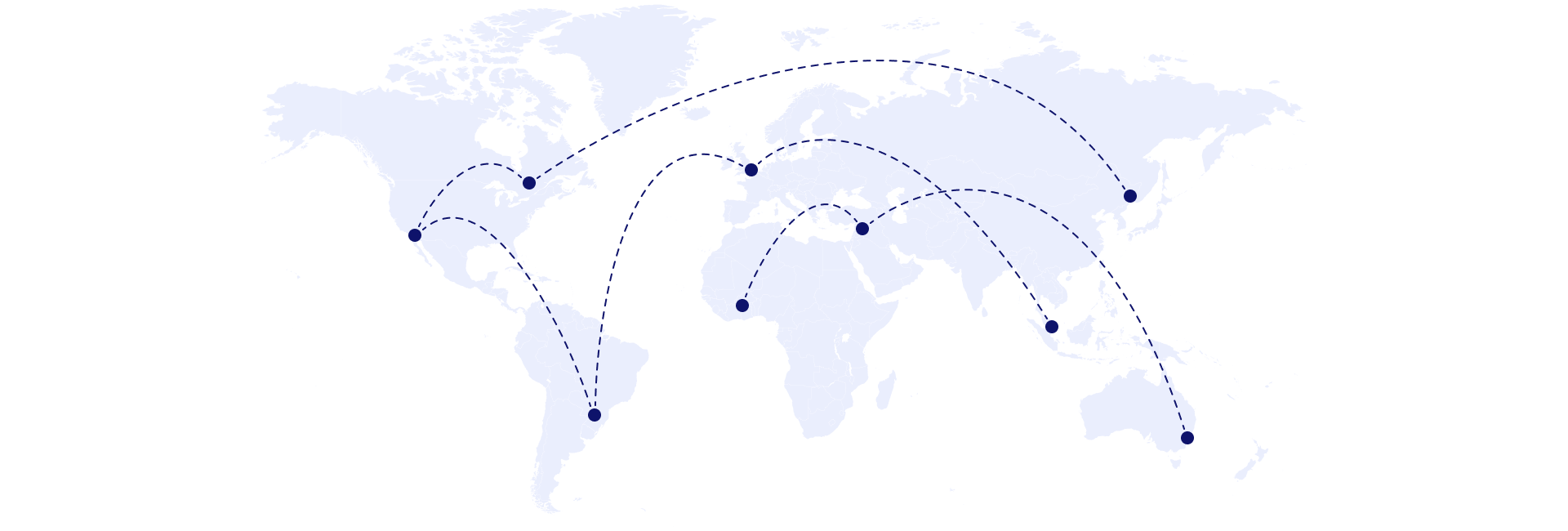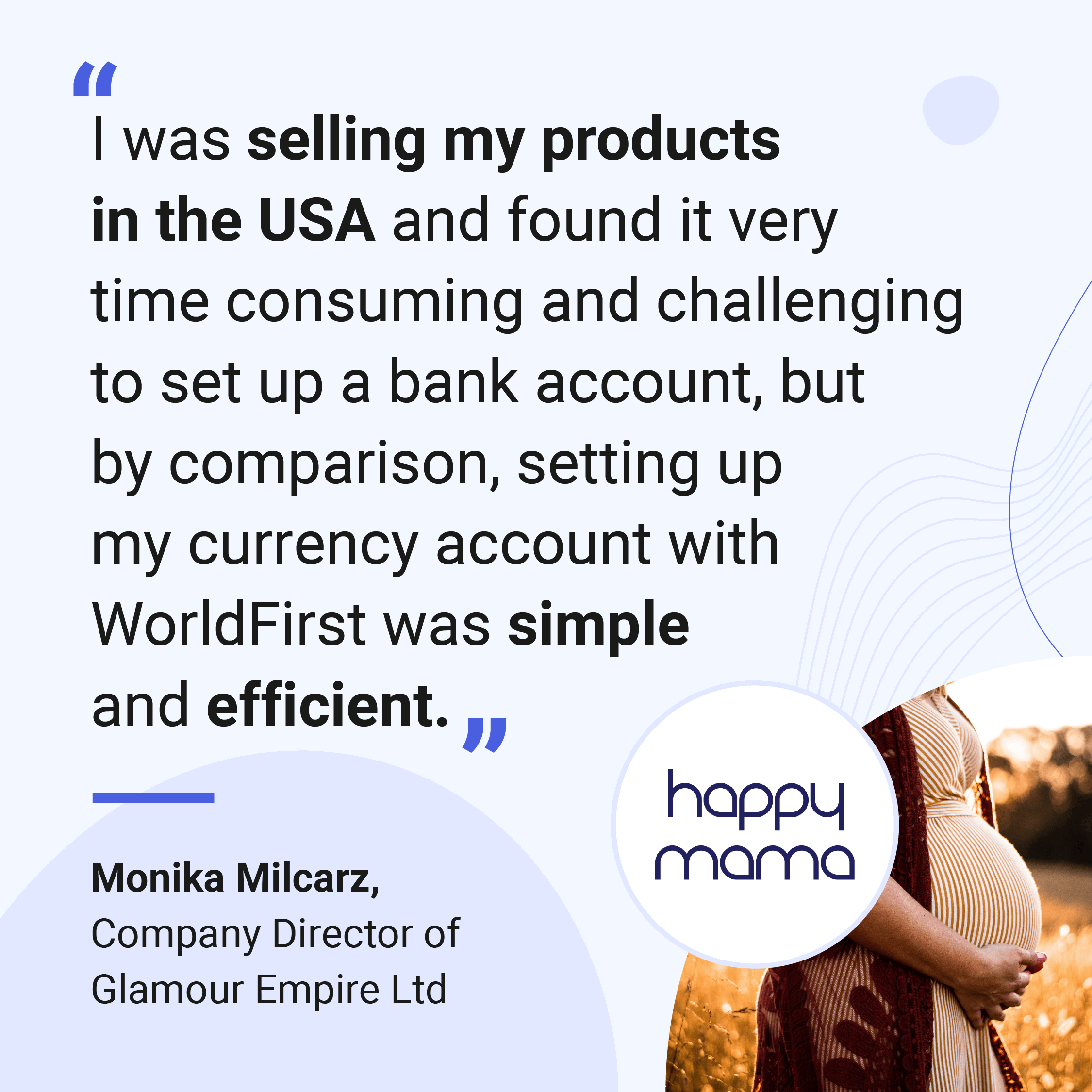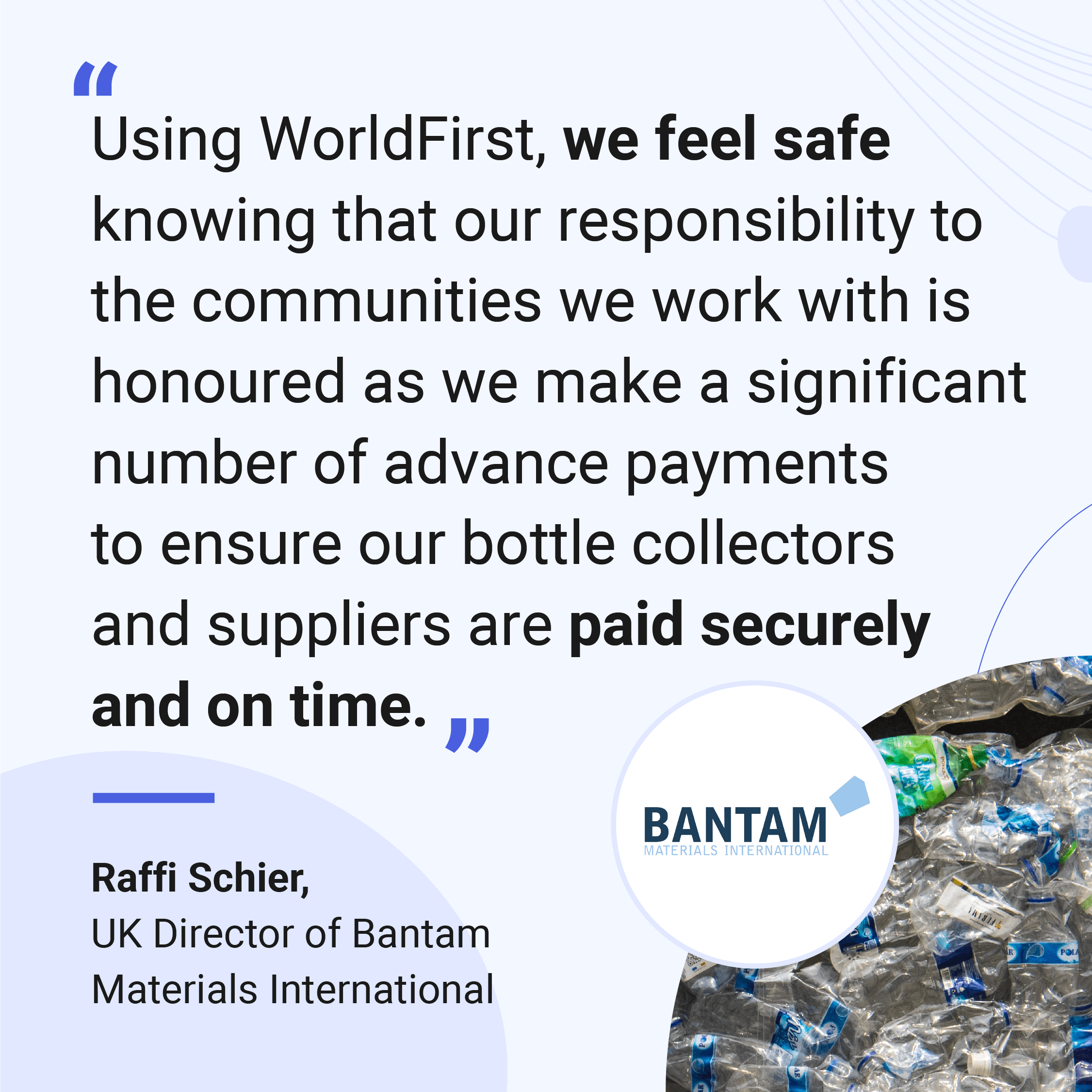
When it comes to expanding your business across the globe, you want to find ways that are both cost effective whilst allowing your business to remain as agile as possible. At first, you may have started out simply exporting and selling your goods or services abroad. But, as your business grows, you might want to seriously consider the possibility of setting up an entity in each country you want to do business in.
What is a local entity?
It can go by various names: a local, foreign, or international entity or subsidiary. But they all mean the same thing. Essentially, this is when you set up your business in a separate country or jurisdiction to where your parent company is. For instance, setting up a local entity in China which is separate to your parent company in the UK.
The advantages of setting up a local entity
1. Better brand reputation and protection
When your brand is registered as an entity in the country you’re doing business in, it gives you more credibility which can help in various ways, such as:
- Partnering with local suppliers or vendors
- Selling to your end customers
- Dealing with local and governmental departments
People are more likely to feel like they can trust a brand that has to comply with local laws and regulations – ones that everyone’s already familiar with. It also makes it easier to protect the intellectual property of your brand by registering your trademark locally.
2. Save money thanks to tax benefits and loans
As a local entity, you’ll be treated separately to your parent company. Tax law looks at the profit your business has made but, as a local entity, there are likely to be more expenses that you’ll be able to deduct from your taxable income. These can include operational expenses such as salaries, office space, supplies, travel costs and so on. The more you can deduct, the more it reduces your tax liability. And, as a local entity, there may be subsidiaries, grants or loans that your business qualifies for which it may not as an international or foreign business.
3. Local laws and licenses
Adhering to local laws has its benefits. It generally gives you more control and autonomy over your business when it comes to things like exporting or importing, hiring and HR. It is also the case that you may need to be a local entity in order to get certain licenses or protection, like when it comes to insurance.
The downsides of setting up a local entity
1. It can be costly and time-consuming
Setting up a local entity has never been quick and it takes patience and planning. The whole process is likely to take months and as regulation increases, so too does the paperwork and the time it takes for all that admin. Plus, most of this has to be done by the director of the company, so it does take time away from people at the top. You’ll also have to factor in the costs of setting up business, such as professional fees for licenses, filing, notaries and more.
2. Complying with local laws can be challenging to figure out
When you have a business in any country, you have to abide by local laws and regulations. And they never remain static, which means you have to invest time and resources in staying up to date on the latest rules, making sure you’re always compliant so nothing interferes with your business operations – or you could find yourself facing hefty penalties or fines.
3. Setting up a local business bank account can be a hassle
In order to establish a local entity, you’ll need a business bank account in the country you’re setting up in. And this is the first hurdle. As a new business, you won’t have much credit history and that can slow down the process. Banks will need to check your background thoroughly to ensure you’re low-risk, and might even reject your application because of your new company’s lack of history in the country.
But it’s not just opening the account that you have to think about – it’s managing it all, along with multiple logins and platforms to navigate. Here’s where we can help you.
→ I already have a business bank account for my local entity
Congratulations – we know it’s often a headache to set one up. But if you want to see and manage everything in one place, you can create a World Account with WorldFirst. When you open a World Account, you can set up and manage local currency accounts – and view them all in one place. This means you can easily see your account balances in various currencies with a single login, so you get a better idea of how your business is doing. And, with all your funds aggregated in one place, it also makes reconciliation a lot simpler.
A World Account can also integrate with accounting software such as Xero and NetSuite. You can also use our open API to plug into your own in-house Enterprise Resource Planning (ERP) tool and we’ll send all the information it needs.
→ I need to set up a local business account
It’s a hassle to do but you can avoid it altogether with a World Account from WorldFirst. Using your World Account, you can open various local currency accounts, saving you the headache of having to set up an account with a traditional bank in each region. So you can enjoy:
- A fully digital onboarding process, so you don’t have to visit a bank branch
- Being able to open a World Account for your local entity in 40+ countries
- One login for all your accounts
- A simple way to review, reconcile, and manage your funds
- Instant, fee-free transfers between all your World Accounts
We’re always expanding the countries we can support your business in but, for now, we can help you in: Australia, Austria, Belgium, Bulgaria, China, Croatia, Cyprus, Czech Republic, Denmark, Estonia, Finland, France, Germany, Greece, Hungary, Iceland, Indonesia, Ireland, Italy, Korea, Latvia, Liechtenstein, Lithuania, Luxembourg, Malaysia, Malta, The Netherlands, New Zealand, Norway, Poland, Philippines, Portugal, Romania, Singapore, Slovakia, Slovenia, Spain, Sweden, Switzerland, Thailand, the UK, the USA, and Vietnam.
Perks of a World Account

Businesses like yours trust WorldFirst
- Almost 1,000,000 businesses have sent $150B around the world with WorldFirst and its partner brands since 2004
- Your money is safeguarded with leading financial institutions

What our customers say about our services





